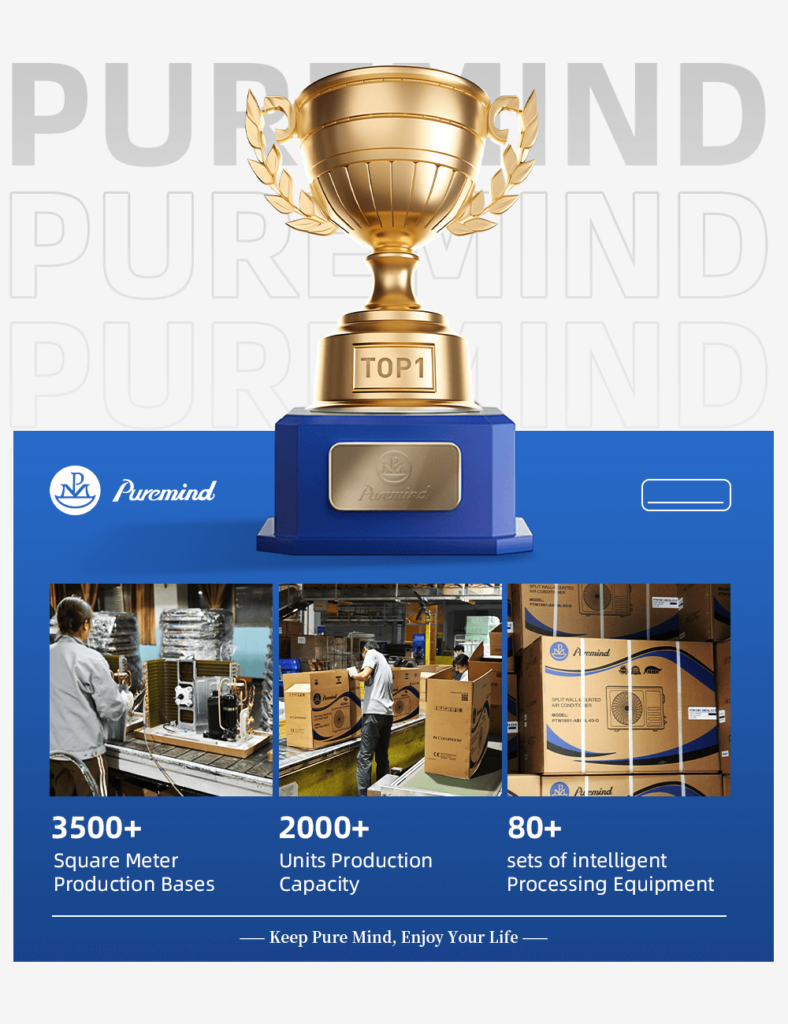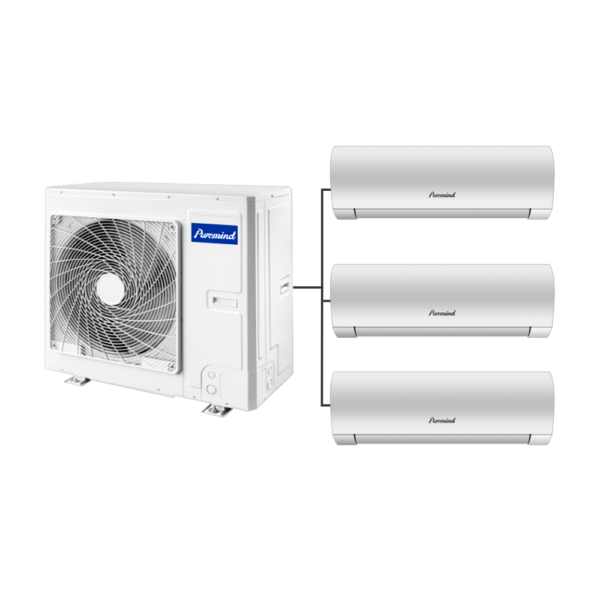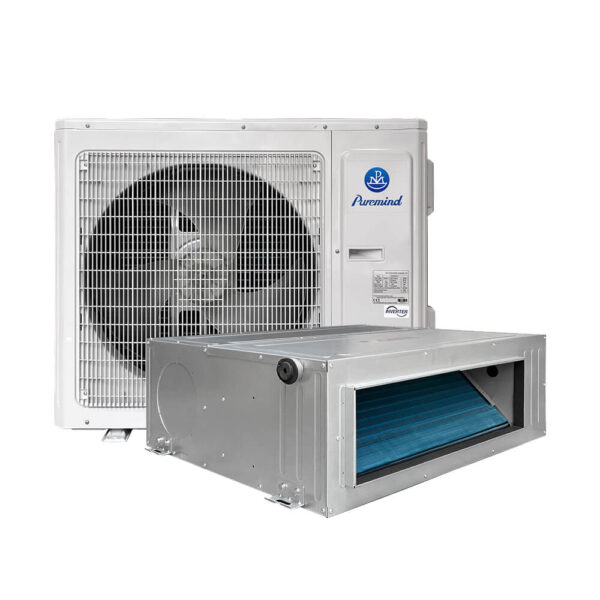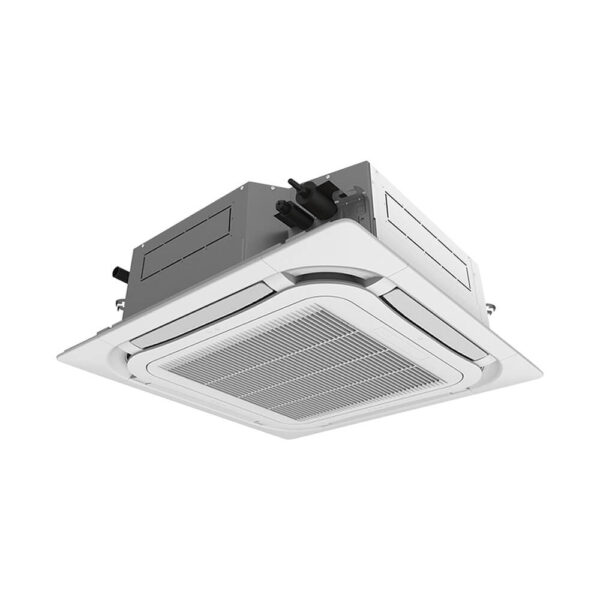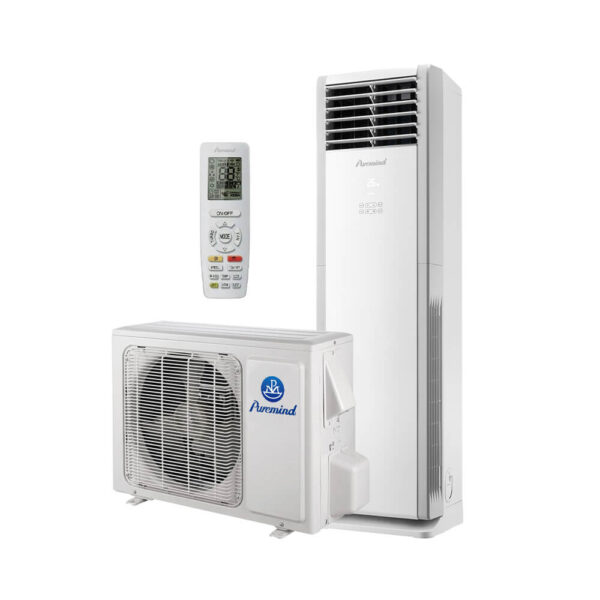Commercial HVAC Contractor: Complete Guide for Wholesalers, Suppliers, and Distributors
In every modern building project, the role of a commercial HVAC contractor is essential. These professionals design, install, and maintain heating, ventilation, and air conditioning systems in offices, retail stores, hospitals, factories, and high-rise buildings. For wholesalers, suppliers, and distributors, understanding what contractors need—and how they work—creates opportunities to strengthen business partnerships, stock the right products, and stay ahead of market trends. This guide provides an in-depth look at the commercial HVAC contractor’s world and offers insights for B2B partners looking to increase value and market share.
Who Is a Commercial HVAC Contractor?
A commercial HVAC contractor specializes in large-scale projects where comfort, safety, and efficiency are critical. Unlike residential installers, they handle complex systems with higher capacities and more advanced controls. They are responsible not only for equipment installation but also for system design, code compliance, and long-term maintenance strategies.
Core Responsibilities of Commercial HVAC Contractors
- System Design: Engineering layouts that ensure consistent airflow and temperature distribution.
- Installation: Coordinating teams to place and connect chillers, boilers, rooftop units, and ductwork.
- Maintenance: Scheduling preventive checks to keep systems reliable and efficient.
- Energy Management: Recommending upgrades such as high-SEER rooftop units or variable refrigerant flow (VRF) systems.
- Compliance: Meeting building codes, safety regulations, and environmental standards.
Why Wholesalers Should Understand the Contractor’s Needs
Commercial contractors rely heavily on distributors for timely delivery, technical expertise, and access to trusted product lines. A distributor who understands their workflow can anticipate needs and strengthen loyalty. Stocking the right mix of equipment, replacement parts, and tools makes the difference between being a transactional vendor and becoming a long-term partner.
Essential Equipment for Commercial HVAC Contractors
Wholesalers and suppliers should recognize the categories that commercial contractors purchase most frequently:
- Rooftop Units (RTUs): Popular for office and retail spaces due to ease of installation and service.
- Chillers and Boilers: Essential in hospitals, data centers, and industrial facilities.
- Air Handlers: Provide distribution of conditioned air across multiple zones.
- Ductless and VRF Systems: Growing in popularity for flexible building layouts.
- Split Systems: Ideal for small commercial spaces—browse our split air conditioner category for solutions designed to meet these needs.
Key Tools and Instruments They Rely On
Supporting contractors goes beyond major equipment. They also depend on specialized tools, including:
- Refrigerant recovery machines and vacuum pumps.
- Digital manifolds and wireless diagnostic probes.
- Airflow measurement devices such as anemometers and manometers.
- Advanced building automation and control interfaces.
Qualities of a Successful Commercial HVAC Contractor
When evaluating contractors, building owners often look for:
- Experience: Years of handling complex projects and proven references.
- Technical Expertise: Knowledge of the latest HVAC technologies and energy standards.
- Workforce: A trained team with certifications and safety credentials.
- Reliability: Ability to meet deadlines and provide 24/7 support.
- Partnerships: Strong relationships with distributors ensure uninterrupted supply chains.
Market Trends Impacting Commercial HVAC Contractors
The landscape is shifting quickly. Several trends dominate today’s projects:
- Sustainability: Contractors are integrating eco-friendly refrigerants and high-efficiency equipment.
- Digital Controls: Smart building management systems are becoming standard.
- Prefabrication: Modular duct and piping systems reduce installation time.
- Retrofit Market: Many contractors balance new construction with retrofits in existing buildings.
How Wholesalers Can Support Commercial HVAC Contractors
Suppliers who want to deepen relationships should focus on:
- Inventory Planning: Stocking high-demand parts like compressors, belts, motors, and sensors.
- Training: Hosting sessions on new refrigerants or digital tools.
- Logistics: Offering same-day or next-day delivery to job sites.
- Technical Support: Providing expertise through inside sales teams or manufacturer partnerships.
Challenges Contractors Face
Understanding contractor pain points helps distributors anticipate solutions:
- Labor Shortages: Finding skilled technicians remains a challenge.
- Complex Regulations: Energy codes vary by region and change often.
- Supply Chain Delays: Project schedules depend on consistent product availability.
- Technology Upgrades: Rapid innovation requires ongoing training.
Case Example: Office Tower Project
Consider a commercial HVAC contractor tasked with fitting a 25-story office tower. The project requires rooftop chillers, zoned VRF systems, and building automation controls. Without reliable suppliers, delays in equipment delivery could cost the project millions. Distributors who anticipate these needs and align stock accordingly become critical partners in successful execution.
External Insights for the Commercial HVAC Sector
According to Buildings.com, commercial contractors are under growing pressure to integrate HVAC systems with energy-efficient building designs. Distributors who align their product mix with these trends—such as variable refrigerant systems, high-efficiency filters, and renewable-ready equipment—gain an advantage in supporting sustainable construction projects.
Practical Tips for Building Stronger Contractor Partnerships
- Develop contractor loyalty programs with discounts or rewards.
- Bundle products that contractors typically buy together.
- Provide financing options for large projects.
- Offer 24/7 customer support during peak seasons.
- Use CRM systems to track contractor preferences and anticipate orders.
Conclusion
The role of a commercial HVAC contractor goes far beyond installation. They are trusted advisors, problem-solvers, and critical partners in modern building operations. For wholesalers, suppliers, and distributors, aligning with contractor needs creates a competitive edge. By stocking the right products, offering strong technical support, and keeping pace with industry trends, distributors position themselves as indispensable allies in the evolving world of commercial HVAC.
Final Word: If you want your business to thrive, invest in building lasting partnerships with commercial HVAC contractors. Their success is directly tied to yours—and together, you can shape the future of high-performance buildings.
